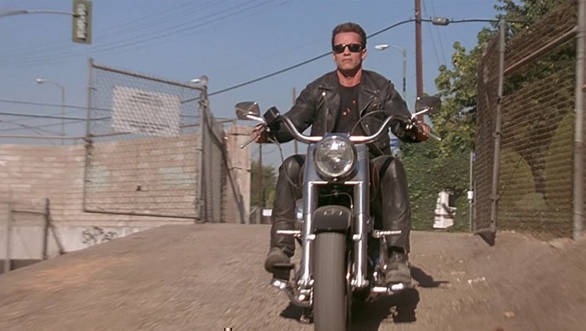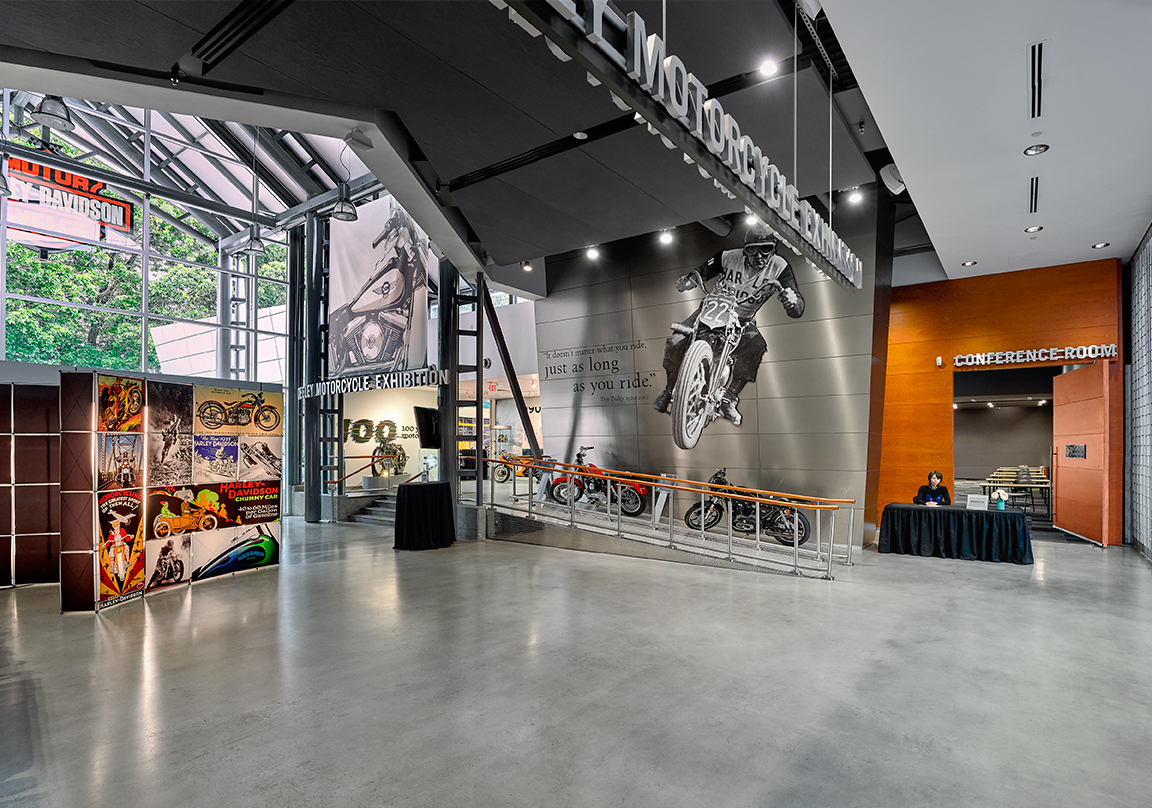Is there someone you want to help succeed? Are you a champion for a charitable organization or not-for-profit?
Fundraising has been called the gentle art of teaching the joy of giving. With Christmas just around the corner, fundraising is the focus for a lot of organizations. Commercials air on TV and radio with familiar songs from John Lennon and Bing Crosby reminding us that ’tis the season to give. Many fail to realize that the planning for most of the following year’s fundraising starts now.
Fundraising can be a daunting task, whether it’s your first fundraiser or your fiftieth. We’ve created this guide to help you make the most of your fundraising event with key points to keep in mind, from choosing the best event venue to thanking donors.
Plan Ahead, Way Ahead
Planning for a fundraiser should start at least six months in advance. People often underestimate the amount of work that goes into planning a fundraiser, and the amount of coordination that has to happen to ensure it goes smoothly. Consider the purpose, audience, and type of event you want to host; these factors will affect the type of venue you should try to book. Unique venues tend to book months in advance, so make these decisions early in the process.
A key component of a successful fundraiser is to ensure you ask for help. Set up an event committee, and reach out to volunteers early and often. Your committee should also help you to do the legwork of nailing down your budget and fundraising goals in concrete numbers.
Appointing or calling on committee chairs and representatives who provide a measure of legitimacy and draw for the event can increase turnout and buy-in from potential donors. Local Members of Legislature, municipal Councillors, entrepreneurs, and celebrities make excellent additions and can create valuable connections with potential donors. Often these individuals have experience fundraising and can help out in ways you didn’t anticipate, but they and prospective volunteers will need time to plan their schedules so they can be present.
Do it with Purpose
Is the goal of your fundraiser strictly to raise money for an individual, a cause, or an organization? Or is there the anticipated benefit of networking with influential donors and business people who can further or facilitate the agenda of your beneficiaries? Do you want to build awareness for your cause?
If the intention is to attract donors who have clout, deep pockets, or big profile in the media, it’s best to consider a black-tie affair such as a silent auction, speaker series, or gala event. For these events, esteemed venues with high-polish accoutrements are the best course; things that remind guests of their prosperity and means.
If the atmosphere and efforts are more grassroots – smaller donations from a large number of motivated or sympathetic donors – then media and social-friendly public events are the best course. Be flexible and creative in the types of events you want to host. Consider co-hosting a TEDx conference, charity speed-dating, or low-key benefit concert; anything that promotes and encourages live streams, microblogging, and photography in the venue.
Make it Fun!
No matter the type of event you plan to host, create an element of fun. People are far more likely to find themselves in a charitable mood if they’re enjoying themselves. Think creatively and keep it real; for black-tie affairs it might be as simple as having a live singer setting the background music with a quartet ensemble. For speaker series or galas, bringing in a comedy troupe like Granville Island Theatre Sports or the Fictionals Comedy Company can provide laughs between speeches. Venues with an open foyer and a discrete meeting hall offer the opportunity to define purpose-driven activities for more than one type of engagement in the same event.
Choosing the right event venue will add to the enjoyment. Look for venues that can work with you to take care of a lot of the operational details and allow you to focus on what’s important: your message. There is a lot of power in having good food, appropriate lighting, and solid audio-visual already onsite and set up for you on the day of the big event.
People love receiving as much as love giving. It’s important to make sure you have prizes, even if you’re hosting a silent auction. Look to your donors for event-appropriate gifts to hand out to attendants and to top donors. Gift bags are often an excellent opportunity for donors to show their participation and get valuable marketing and exposure, and could be as simple as keychains, or tickets to events sponsored by the donor.
Donor Do’s and Don’ts
Do: Reach out to donors early and often. Most companies have a charitable budget set aside for donation and public awareness contributions for their brand. It’s possible you’re just the kind of PR they’re looking for, and giving to your cause would help raise their profile too. If they aren’t able to contribute right away, don’t give up. Often these budgets are doled out quarterly. Send follow-ups to donors who you’ve reached out to.
Don’t: Assume that a no is a bad thing. This opens the door for you to find out why someone has declined an invitation to participate. Sometimes a donor is unable to attend due to a conflict, but still wants to contribute. If a number of prospective donors all decline due to a conflict, it could be there’s another event scheduled for the same date that takes precedence for them. Be flexible, and be willing to reschedule your event if it maximizes donor turnout.
Do: Give donors an opportunity to toot their horn, and yours. If you can find sympathetic, engaged, and vocal donors, use this to your advantage. Let them be your evangelists; by giving them the opportunity to voice their values in supporting you, there is an exponentially higher chance they’ll return to do the same in the future.
Don’t: Forget what sets you apart. You’re not the only one asking. High-profile individuals and organizations are constantly approached by charitable groups, startups, healthcare, education, and science foundations for donations. It’s possible they’ve already committed their budget, but are planning on their next quarter or fiscal year. Remember what sets you apart and appeal with the strengths you have. The more authentic and clear you are about your needs and your goals, the more likely you are to gain traction with prospective donors.
We hope you found this guide on planning a fundraiser helpful. Deeley Exhibition is conveniently located on the Vancouver and Burnaby border, with a nearby SkyTrain and bus stops, and is a wheelchair-accessible event venue available for rent. Take a virtual tour of our facilities, or contact us today to get a quote.







